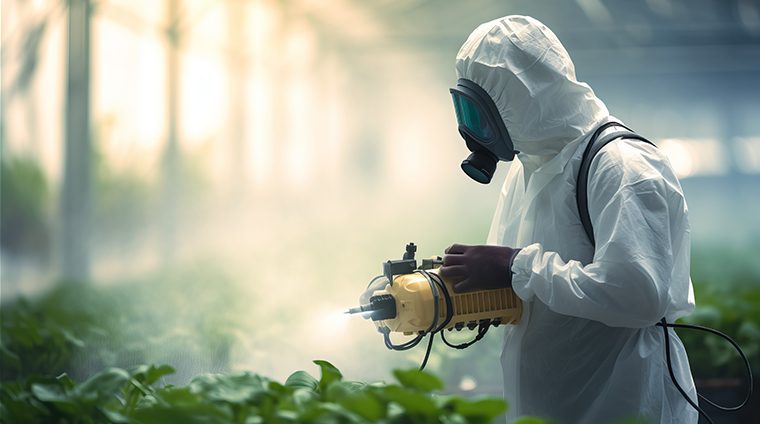Biological and Integrated Pest Management (IPM)
Course Description:
As the global demand for sustainable and environmentally friendly agricultural practices continues to grow, biological and integrated pest management (IPM) have emerged as essential strategies for controlling pests and protecting crops. This comprehensive course delves into the principles and practices of biological and IPM, equipping participants with the knowledge and skills necessary to implement effective pest management strategies that minimize environmental impacts and promote long-term crop health.
Through a blend of theoretical and practical sessions, participants will gain a thorough understanding of the ecological foundations of pest management. They will explore the diverse range of biological control agents, including natural enemies, entomopathogens, and beneficial microorganisms, and learn how to utilize these agents to suppress pest populations. Participants will also delve into the principles of IPM, integrating various control methods, such as biological control, cultural practices, and selective pesticides, to create a holistic pest management approach.
Course Objectives:
By the end of this course, participants will be able to:
- Understand the principles of biological control and IPM
- Identify and recognize common insect pests and their natural enemies
- Evaluate the potential of biological control agents for pest management
- Design and implement effective IPM programs
- Select and apply appropriate pest control methods
- Monitor pest populations and assess the effectiveness of pest management strategies
- Promote sustainable agriculture and minimize environmental impacts
Target Audience:
This course is designed for a wide range of individuals involved in crop production and pest management, including:
- Farmers
- Agricultural extension workers
- Pest control advisors
- Crop consultants
- Researchers
Course Features
- Activities Agricultural Engineering Courses
- Time October 2024






